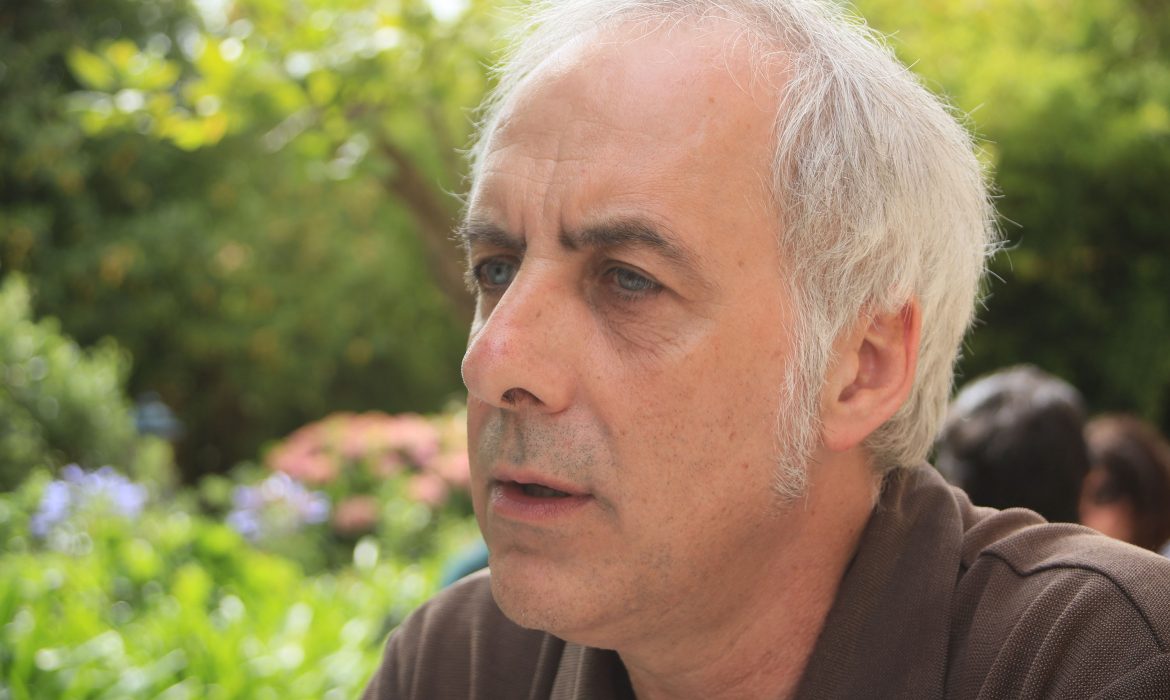Over the past week, Malaga became the home of Italian art and culture with the sixth edition of the city’s Italian Film Festival, organised by the Societá Dante Alighieri Málaga. The festival was held from 13 to 21 May with a programme that included six current audiovisual works, film debates and a great success in terms of participation, audience, critics, media coverage and support from public and private institutions.
In keeping with the aim of reflecting the best current Italian cinema, the screenings have brought together leading names in Italian and European cinema, together with very promising names, consolidating the event as a reference point for the culture of the neighbouring country. Six films were programmed, one per day at 19:30 at the Albéniz cinema, in addition to other activities such as the opening concert by Lamaar at the Victoria Beer Factory, the creation of a mural by the international urban artist Alice Pasquini on one of the adjacent walls of the Centro de Arte Contemporáneo de Málaga, the CAC, and the original closing ceremony at La Polivalente with the play Tu Pirandello, e io? by the Italian theatre company Lacunarii.
In terms of audience, the festival has had almost 1,000 spectators and participants in its different activities, including the almost 500 tickets issued as well as those attending other activities with direct access, with accreditation or invitation. This puts the festival’s figures higher than last year’s, with a 40% increase in spectators, to which must be added the participants in the opening and closing ceremonies and the rest of the cultural events organised during the festival.
On this occasion LookOut Pro Magazine had the opportunity to interview the festival director, Agustín Gómez, who told us about the peculiarities of Italian cinema, what the festival means for the city and some peculiarities of this cultural event that has become a tradition for the cultural offer of the city of Malaga in spring.
“The festival has presented a programme of the highest quality, with award-winning works in different competitions, including eight in the recent David de Donatello, and renowned names such as Felix Van Groeningen, Chiara Bellosi, Pupi Avati, Paolo Virzì, Emanuele Crialese and Roberto Andò. The result has been brilliant, with a significant increase in the number of spectators, consolidating its prestige as a film event in the Albéniz cinemas and, in short, establishing itself as an important cultural event in the city”, says Agustín Gómez, director of the event.
How and when did Agustín come to form part of the Malaga Italian Film Festival and direct an alternative film festival in the city of culture?
I am a professor of Audiovisual Communication at the UMA. Although I had met Giovanni in university contexts, we had never talked about cinema. When he was looking for a director for the Festival, a colleague from the University told him about me and within 5 minutes of conversation I was already telling him that I accepted the challenge. I joined the team in 2019 and in February 2020 we made the 3rd edition, 20 days before the confinement by COVID. I have been working for four years with an extraordinary team, both from the Dante Alighieri in Malaga and with Nicola Labate from Italy.
What is the particularity that you find in Italian cinema?
Italian cinema is one of the most important in terms of production and quality in the world. Any average film buff will mention the names of Roberto Rossellini, Luchino Visconti, Pier Paolo Pasolini, Vittorio de Sica, Michelangelo Antonioni, Bernardo Bertolucci, Nani Moretti, Paolo Sorrentino… the list is endless. They are the creators of a way of making cinema that has transcended its borders and there is not a decade in which a director of international fame does not emerge.
What does the Malaga Italian Film Festival mean for the city?
It complements perfectly with the other two important festivals in the city – the Spanish Film Festival and the French Film Festival – in the creation of a city that is positioned as one of the most important film capitals in Spain. We also provide, for more than a week, a relevant programme and artistic and cultural forms not only of quality, but which would not be possible without our presence.
What is the selection process and criteria for the films that form part of the Festival?
We have a co-director, Nicola Labate, who lives in Italy and who keeps up to date with the productions and premieres. He makes the first selection, which the rest of the team then refine. We normally consider around 15 films, of which six are finally selected. We are also interested in ensuring that the themes they deal with are current and that there is a balance between established and emerging directors. In short, we want the films to be representative of current Italian cinema.
Of the six films that have been screened at the Albéniz cinema, which has been the most popular and what do you think are the reasons for this?
This year we have presented a programme with films that have won awards at different festivals. For example, three of them won a total of 10 David de Donatello awards, including best film, director and production. One of the most moving moments was the presence in the hall of the actress Gaia di Pietro, who in Chiara Bellosi’s Calcínculo plays the role of a young woman who suffers from her physical appearance because she does not conform to the prevailing stereotypes of beauty.
How has the audience’s reception been compared to previous editions?
The increase in the number of spectators is an objective fact. Each session has reached 2/3 capacity and this has been maintained for all the films. The public has expressed their satisfaction with the programme and the organisation. Proof of this is that at the end of the screening of each film, interesting debates were generated, as if they wanted to prolong what they had seen.






